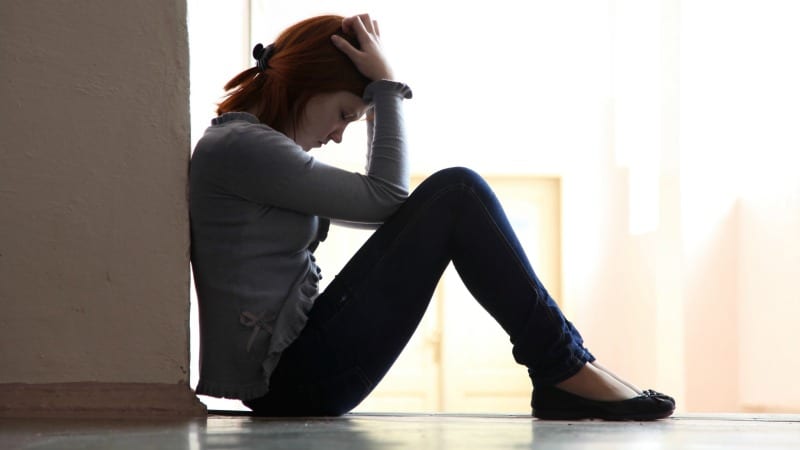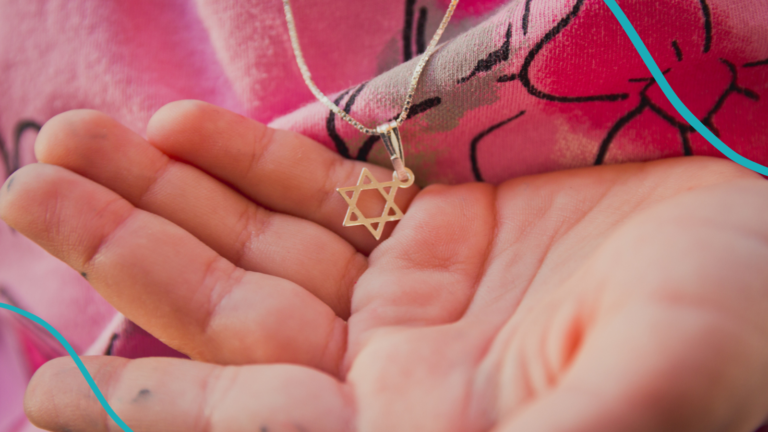I teach seventh grade at an urban, Title I school. My students are not sheltered. But the past couple of weeks have been hard on us. A kid from their community was kidnapped and raped. A student’s 15-year-old cousin died of the flu. And a school shooting reminded them, once again, that terrible things can happen when you least expect them.
I’m always been a little afraid to bring this stuff up in class—for a lot of reasons. First of all, I’m not their parent. I want to filter which news stories my own son hears, as well as how much he knows about them, and I know that other parents have the same right.
I also don’t want to scare them. Dwelling on all the horrible things that could happen seems like a poor use of class time, since all it’ll do is leave us sad and afraid. But time and time again when horrible things happen, I talk about them in class despite my fears. Why? As educators, we have to. If we ignore things, we’re not protecting them from being afraid. We’re just telling them that nobody cares about their fears. If I think having a conversation will ease more fears than it creates, then it’s worth talking.
Here are some tips for how to talk to kids about tragic events.
Let them talk first.
I broach the subject, then I wait. Gradually, they start talking. Or sometimes, they don’t. A lot of my kids’ siblings are DACA recipients, so I thought that all the news stories about DACA would be really scary for them. I brought it up in class, and they had no idea what I was talking about. So I just let the conversation slip away and turned back to grammar practice.
Usually, though, when I bring up a topic, the first thing they want to do is establish their connection to whatever has happened. It was in my apartment complex. My sister knows his brother. My grandmother used to live in Florida. Sharing a connection to a tragic event might feel like a waste of time, but I don’t think it is. I know that when scary stuff happens, I often need to feel a personal connection to something in order to justify having an emotional response, so I try to give my kids time to do that.
Don’t lie.
It’s tempting. A kid asked me last week if the glass in the windows was bulletproof, and every student in the room stared at me, waiting for my answer. I wanted so badly to say yes. Maybe if they’d been younger, I would’ve. But by the time they’re adolescents, they deserve real answers to their questions. Even if it’s not what they want to hear.
Demand respect but keep your audience in mind.
The tendency of middle schoolers to blame the victim makes me angry. If I were in that school, I would’ve grabbed the gun. I would’ve hit him with a chair. It seems so callous and disrespectful to me when they say things like this, like my students are implying those kids are to blame for the nightmare they experienced. But I also know that my kids are scared as hell, and coming up with outlandish plans like this is a way to make themselves feel safe. So while I remind them that it’s a lot easier to talk big than act big, I try not to get offended by their comments.
Focus on action.
It’s always hard to wrap up these discussions with any message other than, “Hey, we might all die soon. Now turn your books to page 73.” But it’s important to end on a positive note. After giving them whatever reassurance I can offer, I end the discussion by talking about what the kids can do to stay safe and protect others. After a kid from another school was raped last week, we talked about the importance of trusting intuition and reporting sexual abuse when it does happen. When a high schooler died of the flu, we looked up symptoms and talked about how to recognize the warning signs. And after the Parkland shooting, we discussed solutions to gun violence and ways my students can make their voices heard.
In more than a decade of teaching, I’ve had to talk with students about more tragedies and horrors than I like to remember. And they seem to be coming with greater frequency every year I’m in the classroom. We don’t do our students any favors by pretending it’s not happening, but it’s incredibly hard to talk in a way that is both honest and sensitive. The only way I’ve found is by addressing problems directly and reminding kids that they can be part of the solution.
I hope they’ll remember these conversations in the future and use them to make a difference, so that future teachers don’t have to talk so often about tragedy in the classroom.

